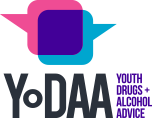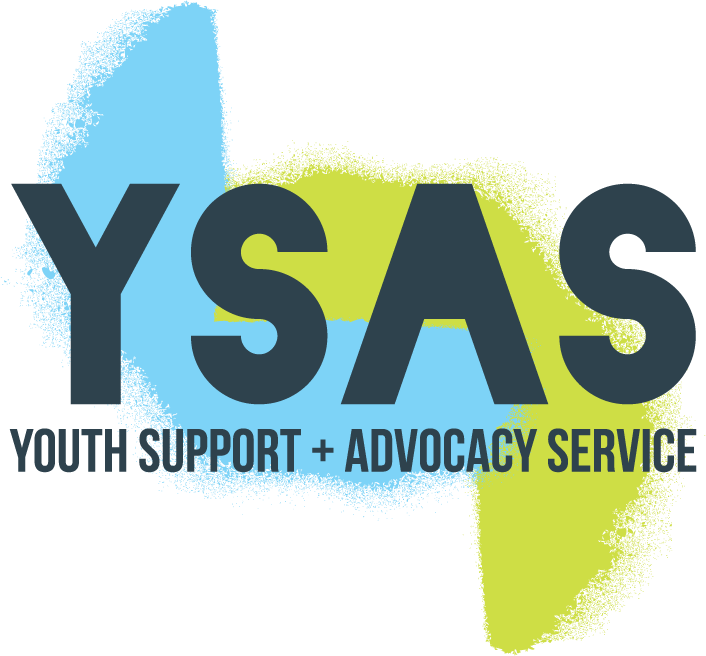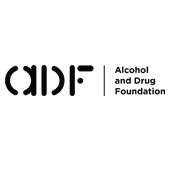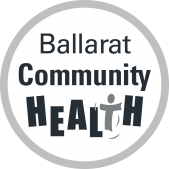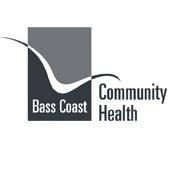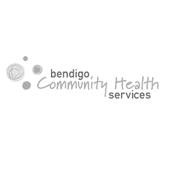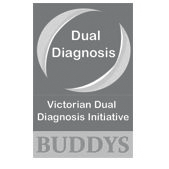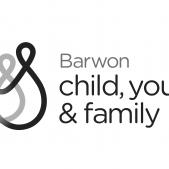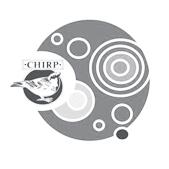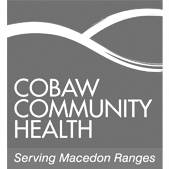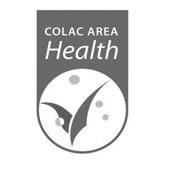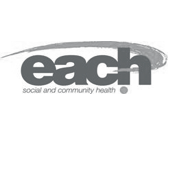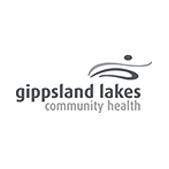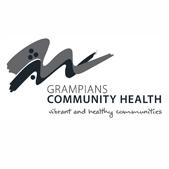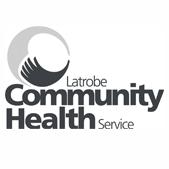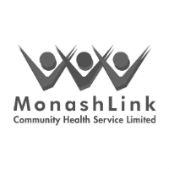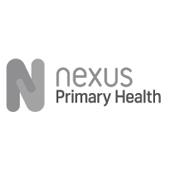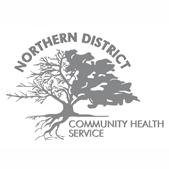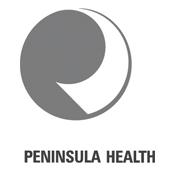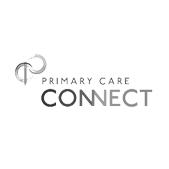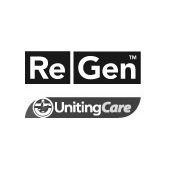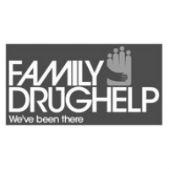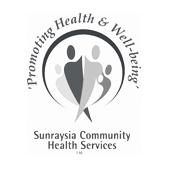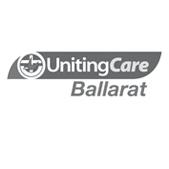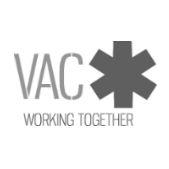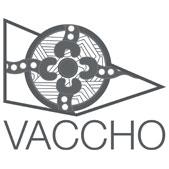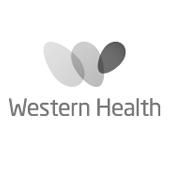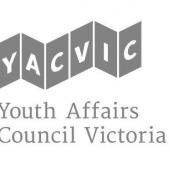Understanding Youth AOD
Matching support options to need
By considering both substance use and vulnerability together, young people can be broadly grouped according to common needs and characteristics.
In the community every young person can be identified as needing some type of AOD intervention. For most young people who don’t use drugs and have no associated risk factors, that will be a universal prevention approach such as drug education in schools. For those young people whose drug use warrants treatment or early intervention other approaches are needed.
In general young people who require AOD treatment or early intervention can be identified as belonging to different groups based on AOD need.
In a school setting, a common group will be those with high AOD use combined with one or two indicators that they may be experiencing vunerability.
GENERAL CHARACTERISTICS OF THIS GROUP INCLUDE:
- Frequent and heavy use of alcohol or drugs
- Use of multiple drugs
- Emerging issues such as mental health concerns, isolation or family conflict
- Connection with school, work and family
- Stable housing
This is also a group likely to come to the attention of school communities before specialist AOD services. As a general approach young people with these characteristics need specific AOD interventions and a focus on maintaining connections with family, community and school.
THE BEST-MATCHED SUPPORT TYPES THROUGH WHICH TO DELIVER INTERVENTIONS INCLUDE:
The other group likely to be identified through school contact includes young people with low or emerging substance use but whose high or extreme vulnerability means there is serious risk of their AOD use escalating in severity.
GENERAL CHARACTERISTICS OF THIS GROUP INCLUDE:
- Emerging substance use
- Semi-regular use (not daily)
- No acute harms from substance use
- At risk of disconnection/expulsion from school
- Family conflict
- Housing problems
- Mental health concerns
- Youth justice/child protection involvement
- Usually a younger age group
As a general approach, young people in this group require early intervention and indicated prevention so that the underlying factors of their drug use and vulnerability can be addressed to prevent their use escalating to be more problematic and risky.
FOR THIS GROUP THE BEST-MATCHED SPECIALIST SUPPORT THROUGH WHICH TO DELIVER INTERVENTIONS IS GENERALLY:
